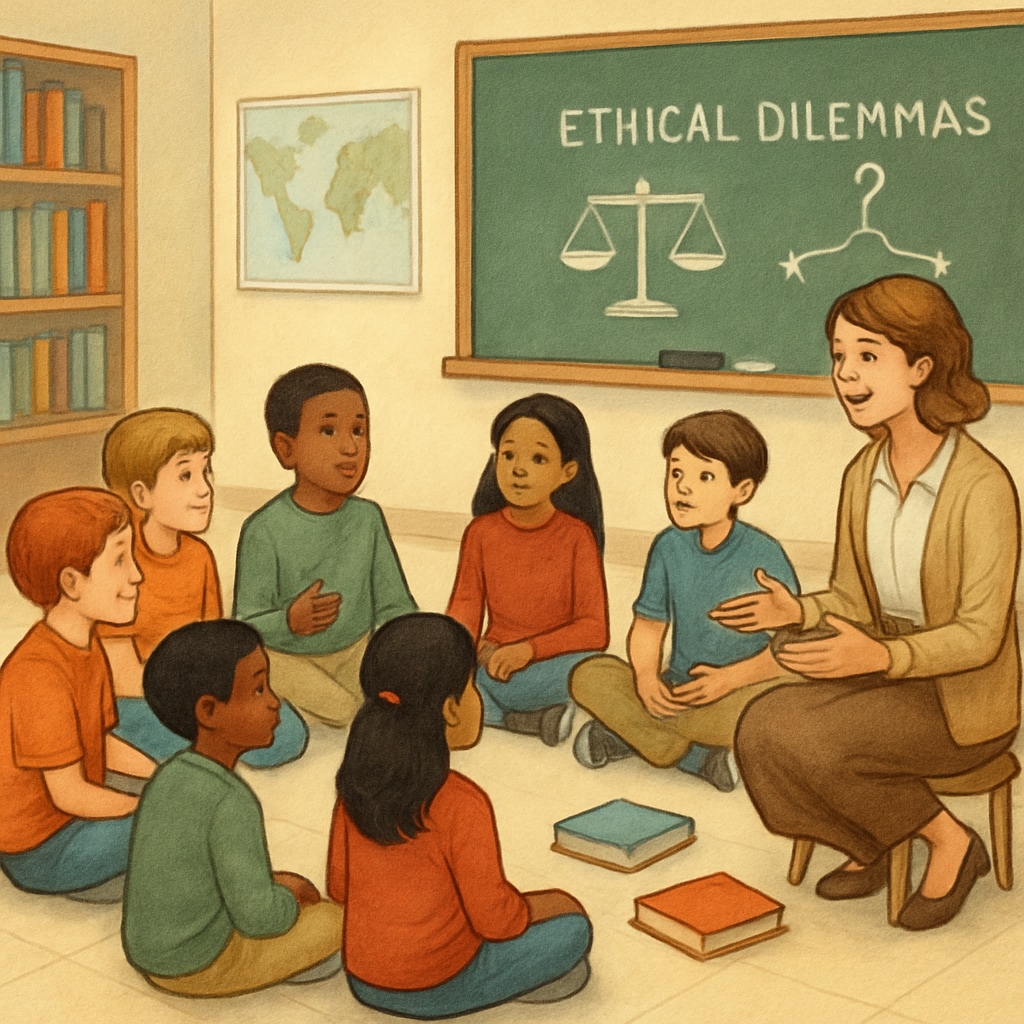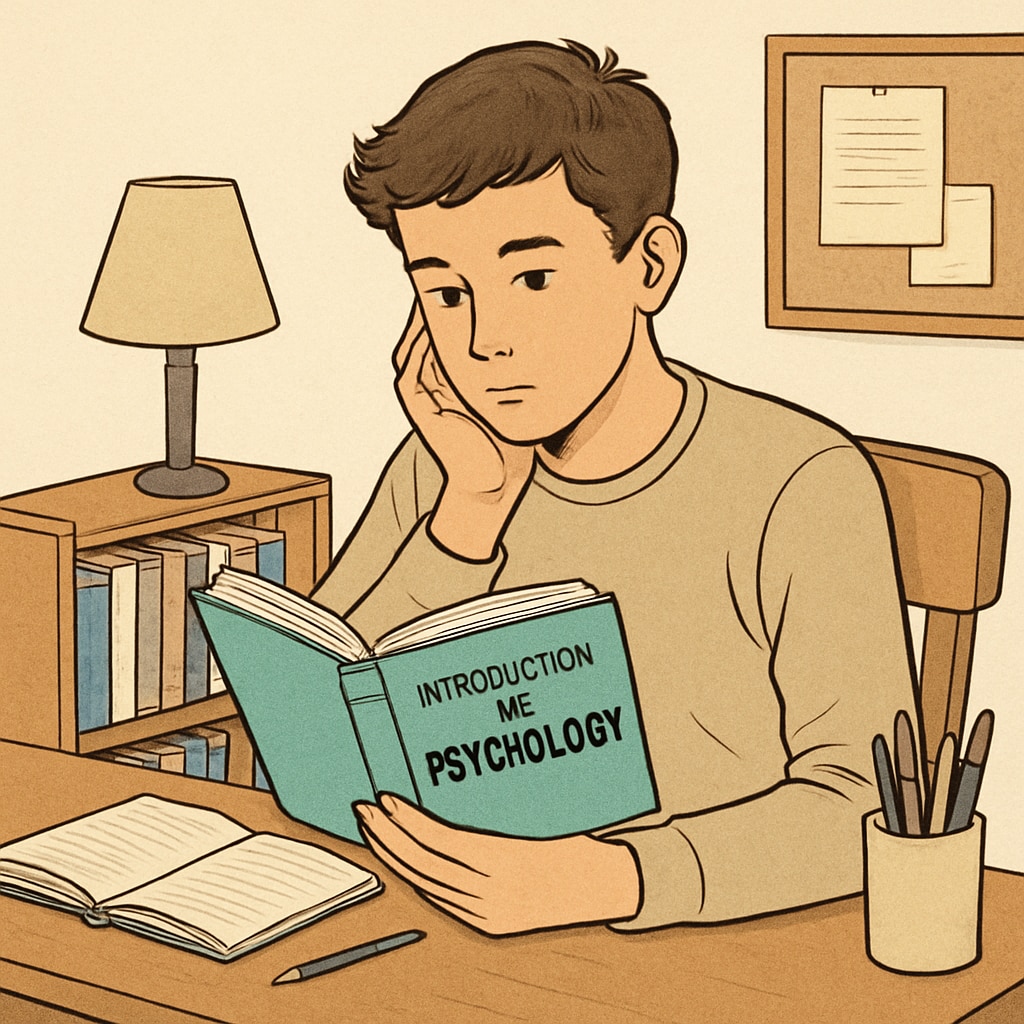Incorporating psychology and philosophy as hobbies during the K12 educational phase can provide students with invaluable tools for critical thinking and self-awareness. These fields encourage young learners to explore the deeper questions of life, understand human behavior, and develop reflective thinking. By nurturing an interest in these subjects outside traditional curricula, educators and parents can help children build a foundation for lifelong learning.
Why Introduce Psychology and Philosophy During K12?
Psychology, the study of the mind and behavior, and philosophy, the exploration of fundamental truths and values, offer unique benefits to young learners. Both disciplines cultivate analytical reasoning, empathy, and a deeper understanding of oneself and others. Exposing K12 students to these topics can enhance their ability to navigate challenges, understand societal structures, and make well-informed decisions.
For example, psychology introduces concepts like emotional intelligence and cognitive biases, which can help students better manage their emotions and relationships. Philosophy, on the other hand, teaches them to question assumptions, think critically, and appreciate diverse perspectives. These skills are not only academically beneficial but also vital for personal growth and future career success.

Practical Approaches to Explore These Subjects
Introducing psychology and philosophy as hobbies doesn’t require a formal curriculum. Instead, educators and parents can use creative and age-appropriate methods to spark interest. Here are some practical suggestions:
- Books and Stories: Provide students with accessible literature, such as “The Little Prince” by Antoine de Saint-Exupéry for philosophical insights or “Quiet Power” by Susan Cain to explore psychological concepts.
- Podcasts and Videos: Encourage listening to educational podcasts or watching videos that simplify complex topics. Resources like Britannica’s psychology section offer excellent starting points.
- Interactive Activities: Use philosophical thought experiments, such as the “Trolley Problem,” or psychological exercises, like personality tests, to engage their curiosity.
- Debate and Discussion: Host regular family or classroom discussions on ethical dilemmas, societal issues, or even everyday decisions to practice critical thinking.
These activities are not only enjoyable but also create opportunities for students to apply what they learn in real-life scenarios, making the subjects more relevant and engaging.

Resources for Parents and Educators
To effectively guide students, it is crucial for parents and educators to have access to reliable resources. Here are some recommendations:
- Online Platforms: Websites like Philosophy on Wikipedia and TED-Ed provide free, high-quality content tailored for beginners.
- Community Groups: Local book clubs, discussion forums, or online communities focused on psychology and philosophy can offer additional support and inspiration.
- Workshops and Seminars: Look for workshops that introduce critical thinking and emotional intelligence to young learners. Many organizations now offer online options.
By leveraging these resources, parents and educators can ensure that students receive well-rounded exposure to these complex yet rewarding fields of study.
Conclusion: Nurturing Lifelong Learners
Encouraging K12 students to explore psychology and philosophy as hobbies can significantly enhance their intellectual and emotional development. These disciplines teach invaluable skills like critical thinking, empathy, and self-awareness, which extend far beyond the classroom. With the right resources and guidance, both parents and educators can help cultivate a lifelong passion for learning in young minds, preparing them for a future of thoughtful engagement with the world around them.
As the philosopher Socrates once said, “An unexamined life is not worth living.” By introducing children to the wonders of psychology and philosophy, we empower them to lead examined, meaningful lives.
Readability guidance: Use short paragraphs and bullet points to summarize key ideas. Transition words like “for example,” “in addition,” and “as a result” ensure smooth reading. Avoid overloading technical jargon and maintain a balance between informative and engaging content.


